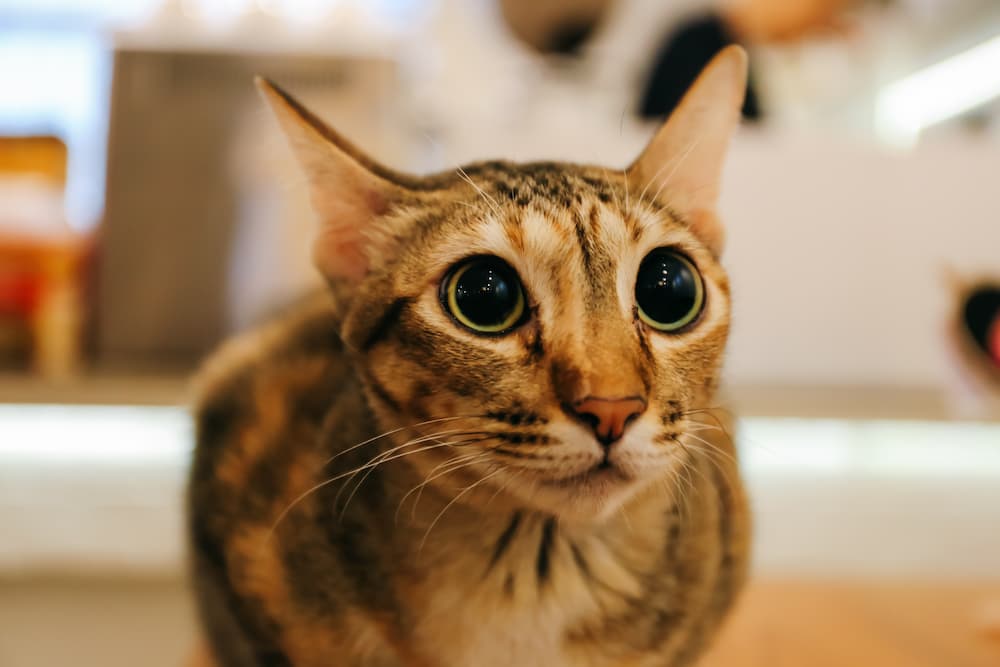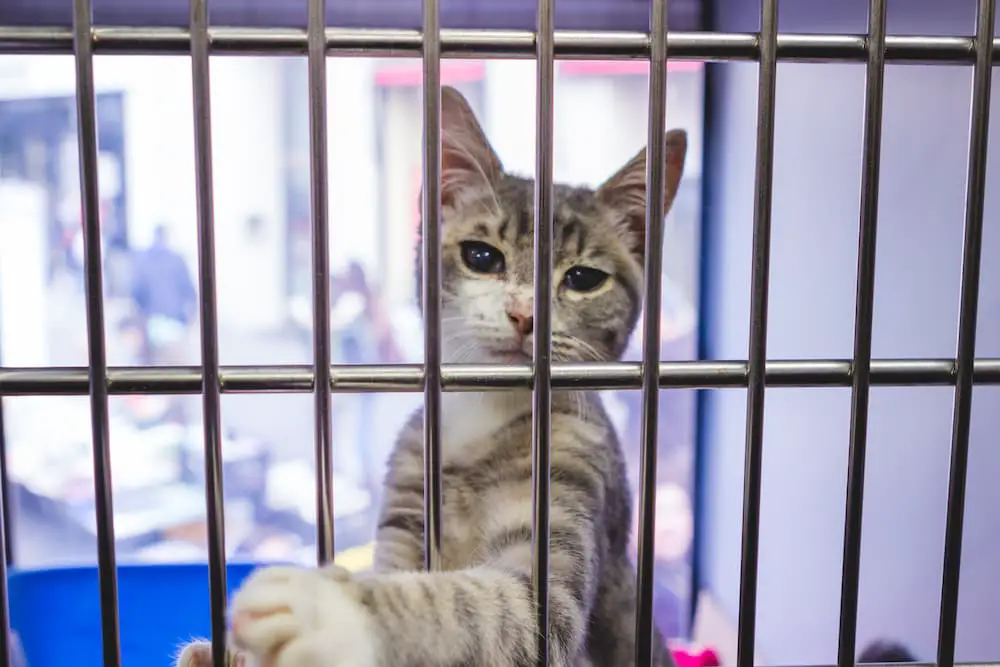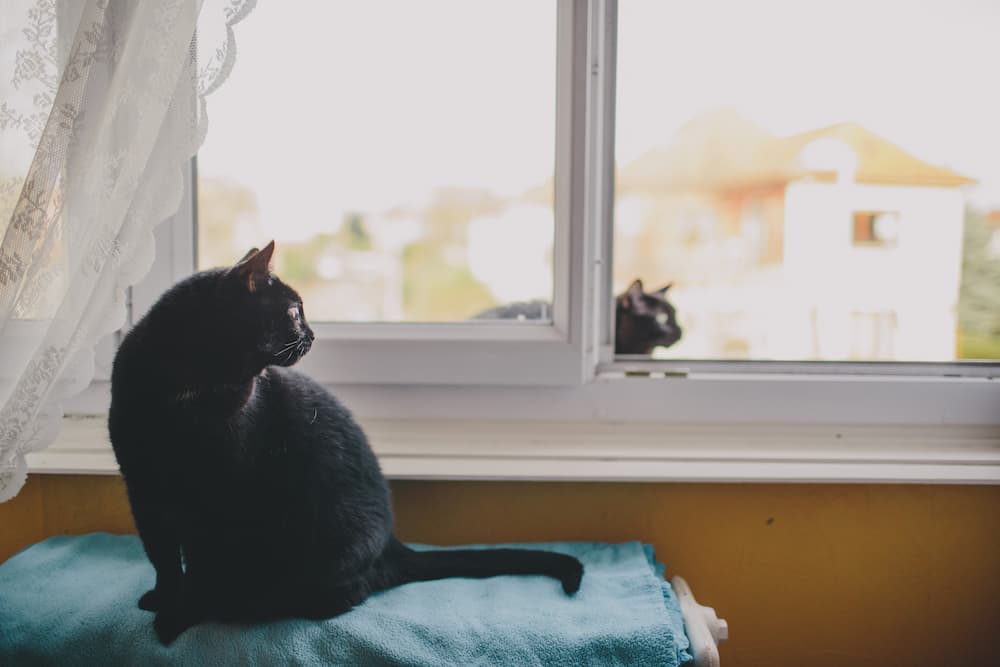
Divorce is often a cutthroat business – and when a much-loved family pet is at stake, things can get even more fractious. A 2014 survey found that around a fifth of divorcees consider custody of the dog to be ‘as stressful’ as that of the children. In the case of cats, emotions can run just as high – so it’s worth deciding who gets the cat in advance – ideally before you get hitched in the first place.
We’ve distilled the process down into four key steps. Let’s take a look!
Keep it Out of Court
In most cases, this sort of dispute can be resolved before it reaches the court. In many households, it might be obvious who the cat will be better off with. Moreover, formal proceedings will demand legal expertise, which will add to the cost of your divorce.
The courts are often extremely stressful, not only for owners, but for cats, too. Cats have adapted over the centuries to intuit the feelings of their owners. When you’re happy, they tend to feel happy; when you’re miserable, they feel the same way. As such, the stress of these legal battles is going to take a toll on them as much as you.
Your lawyer will almost always advise that you settle your cat-related disagreements out of court. If you’re willing to give up the cat, you’ll have leverage to demand your partner compromise on other things – like the television or curtains.
If there are two or more cats involved, then taking one apiece might seem an egalitarian option. However, animals which have grown up together might suffer avoidable stress if they’re split up (which is why many shelters will seek to give away certain cats only as a pair). This should
Find an Understanding Lawyer
Cats are valued pets who provide companionship and affection. We think of them as members of the family, with some of us even going as far as to dress them up in miniature

If you’re a cat-person, you might have noticed that people who don’t own cats often don’t understand this emotional bond. If your lawyer is not a cat
Collect Evidence of Ownership
However beloved your pet might be, in the eyes of the court they’re property – much like a piece of furniture or your home’s boiler. Custody will therefore be awarded to the person who paid for
that property. This includes any money spent on buying the cat at the outset, as well as the money you spent on insurance, food, toys, and veterinary bills. A paper trail will demonstrate this. Keep any receipts, invoices and chip documentation in a special file just for the purpose. Any photos depicting you and the dog together might help to tip the scales in your favour.
A prenuptial agreement specifying exactly who gets the cat will save you (and your former partner) from a great deal of uncertainty and confusion, and thus it’s well worth thinking about this sort of thing before tying the knot.
Consider Co-parenting
In some cases, you may decide that it’s best to share custody of the cat. This will work only under certain conditions. Firstly, both parties will need to remain on something like amicable terms – no cat is going to enjoy being a point of tension, or, worse yet, a prop in an interminable bickering match between former spouses.
Secondly, you’ll need to consider whether your personal circumstances suit the needs of the cat. If you’re moving hundreds of miles away from one another, or you’re working entirely non-compatible hours, then shared custody probably isn’t for you.
Cats also have a rare homing instinct and dislike change more than their doggy counterparts. They have been known to return back to their original homes if they have not been kept inside of a new residence long enough, and so it is important to consider the stress on your feline friend when considering this back-and-forth option.
The family cat can, for many couples, be the most important point of any divorce. If you’re concerned about your cat’s welfare in the long-term, it’s often better to concede early on – particularly if you can see that your partner’s case is stronger. Where there’s
Mackenzie + Dorman offers professional legal services covering a range of issues for all private or commercial clients in East Belfast.







